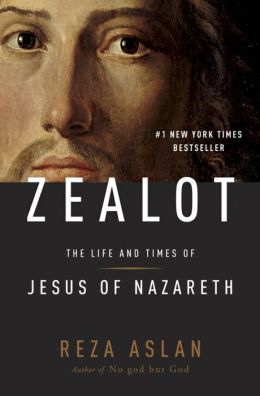On Saturday night I watched the Priesthood session for the first time. I got to watch it with my little son running around and my dad and brother. Right before it started my dad actually told me that Priesthood is his favorite session because all three members of the first presidency speak in a row. I'd never realized he even liked going before, so that was news to me. The speakers knew that this was the first time women would be watching, even if they weren't there in person, and avoiding talking about pornography and abuse, both of which are discussed in almost every priesthood session. Every talk felt applicable to women.
All comments from FMH and YMF on facebook since Saturday night have been about being sad and depressed. I feel like we are not being grateful or considerate enough of the changes that are taking place and that need to take place in order for women to get the priesthood. Change does not and, arguably, should not occur quickly. The ordination of Mormon women would be huge. Huge things take more than one year.
In one year women have began a real movement that is getting a lot of notice and discussion in Mormonism. That is a victory. Pants Day, women praying in church, and watching the Priesthood session live are all victories on the road to the eventual elevation of women. Will we get the priesthood someday? I can't say for sure but women are now getting more in respect. I appreciated that the women who spoke at conference this time didn't direct their talks at the women or children and didn't talk about families or other "womenly" topics. They gave real talks. I also appreciated how much discussion there was of women. Perhaps I didn't agree with all of it, but the fact that there was some openness was great. For the first time, I didn't feel like I was going directly against the general authorities by working and wanting to be the primary provider for my family (just against most of them).
Was I surprised that women didn't get in to the Priesthood sessions? No. Was anyone really? Although I am grateful for all the men and women who went and tried. Pants day was last December, do you think the church will change so fast? The general authorities are just beginning to think about the future of women in the church being different from the past and present. I think improvements are happening and we need to be grateful for them.
To be honest, I think they will pray and ponder about women and the priesthood but I don't think they have yet. I think first they need to have a different mind set about women. They need to see women as their equals before they will be of a mind to receive an unbiased answer. Most of these men were born just shortly after the constitutional amendment guaranteeing women the right to vote was passed. They had children in the fifties, the era of prosperity in the US that created the "stay at home" mom. The general authorities must change decades of bias against women before they will be capable of receiving a "yes" answer (of course, the answer could still be no, but at least it would have been possible to go either way). I think now is the time to show we are responsible and faithful, willing and able. I worry that the great momentum that has been built will taper in the meantime. I hope that regardless of the ordination question, women will continue to be more noticed and be a stronger presence in the church than the mothers of future sons. I hope women speak up and pray and stand out. We are at least half, if not more, of the Mormon population.
